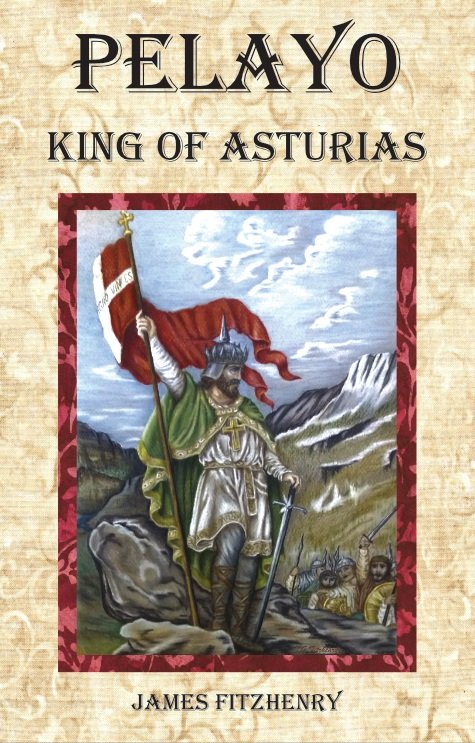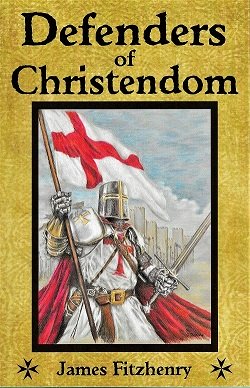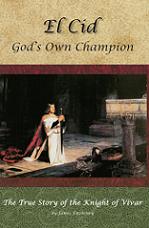Feast of the Epiphany
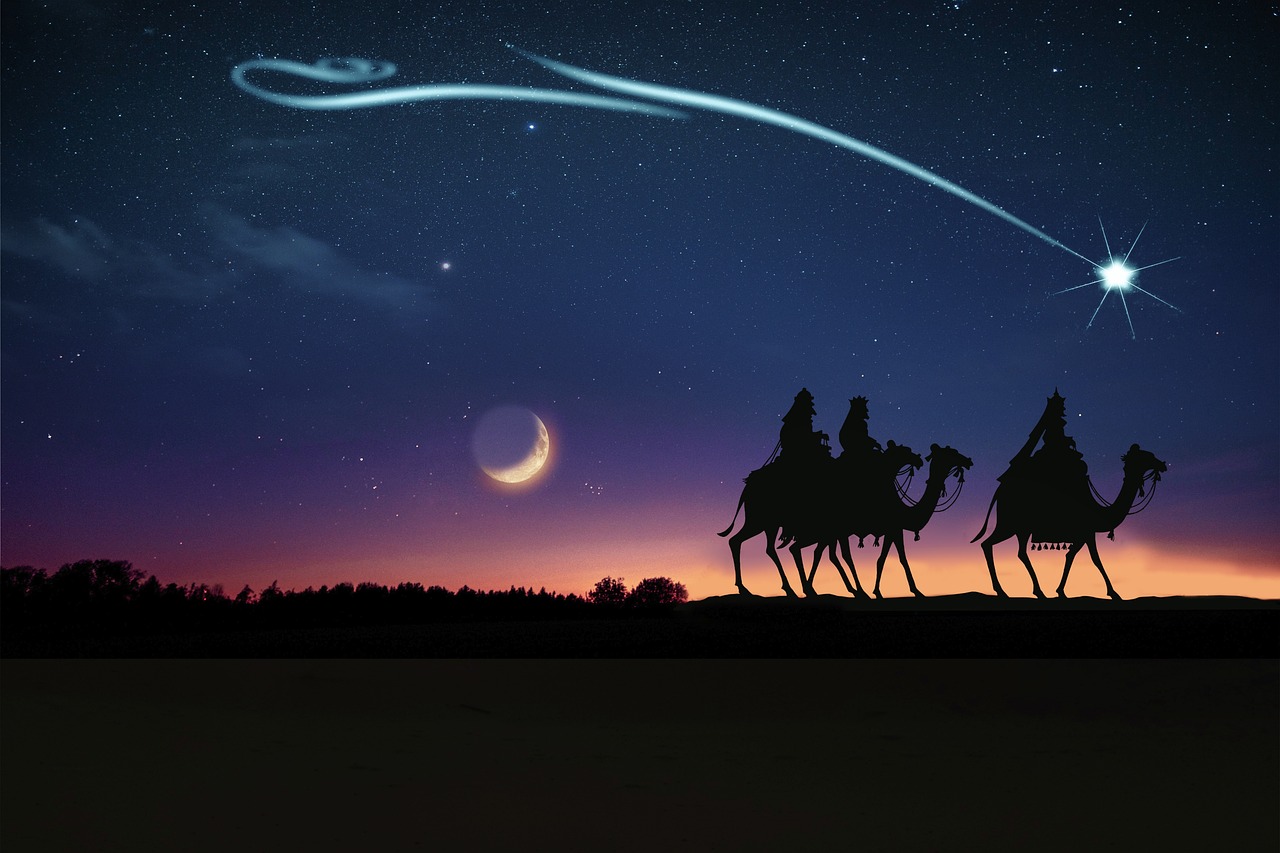
The Feast of the Epiphany
The Feast of the Epiphany, known as Theophany or Three Kings' Day in the Eastern Orthodox Church, is a significant Christian holiday celebrated on January 6th. This date commemorates the visit of the Wise Men to the infant Jesus. It is one of the three principal and oldest festival days of the Christian church (the others being Easter and Christmas). In the Latin Rite of the Catholic Church, Epiphany celebrates the revelation that Jesus is the Son of God.
The Origins of Epiphany
The word "Epiphany" originates from the Greek "epiphaneia," meaning "appearance" or "manifestation." It refers to the revelation of Jesus Christ to the world. The holiday called Theophany emphasizes the manifestation of Christ as both fully human and fully divine. The Feast of the Epiphany appears to have its roots in the Eastern Church and initially included the celebration of Jesus' birth. However, by the 4th century, the Latin Church began observing Christmas separately on December 25th and designated January 6th as the date for the Feast of the Epiphany.
The Arrival of the Wise Men
The central event that Epiphany commemorates is the visit of the biblical Magi, who were distinguished foreigners also known as the Three Wise Men, to the infant Jesus. While the Bible does not specify the number of Wise Men or refer to them as kings, the popular belief is that there were three, as they presented three gifts to the newborn Christ: gold, frankincense, and myrrh. The names of the wise men are not mentioned in the Bible, but tradition has it that they were named Gaspar, Balthasar, and Melchior. This visit is seen as the first manifestation of Christ to the Gentiles, symbolizing his role as the savior of both Jews and non-Jews.
Gold, frankincense, and myrrh are standard gifts to honor a king or deity in the ancient world. The gifts also seem to confirm Arabia as the origin of the magi, where these items were highly prized. Gold may signify the kingship and authority of Jesus. Frankincense may signify the deity and worship of Jesus. Myrrh may signify the humanity and suffering of Jesus, who would die for the sins of the world.
The magi were astrologers, ‘wise men’ in that sense. They were led by their studies and by their angel-star to the birthplace of Jesus. The ancient world would have seen nothing odd in this; astrology was seen as compatible with Judaism and an indication of the coming Messiah. The magi represented the coming of the Gentile nations to do homage to the Jewish Messiah.
Feast of the Epiphany
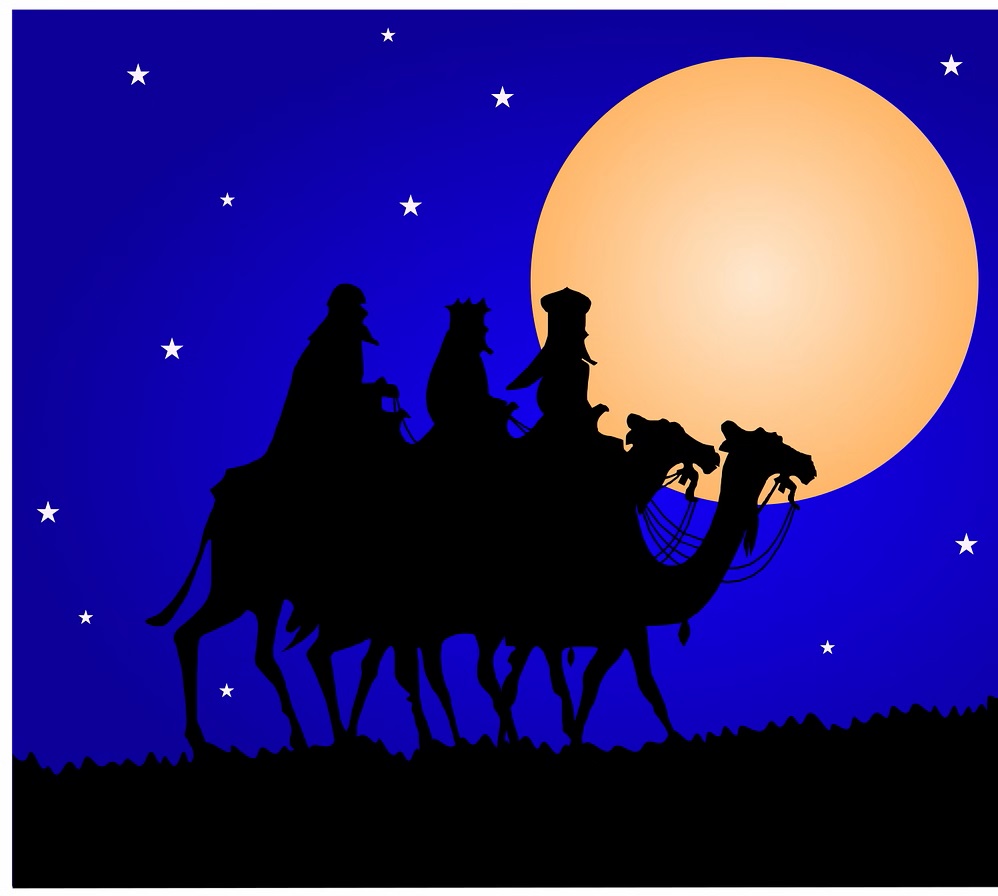
Epiphany Traditions Worldwide
In Italy, the Feast of the Epiphany is inseparable from the legend of La Befana. According to Italian folklore, La Befana is a witch-like woman who rides on a broomstick. When the Wise Men invited her to join their journey to see the baby Jesus, she declined. However, regretting her decision, she set out to bring gifts to the child but never found him. Instead, she began leaving gifts for other children on the 12th night of Christmas, which coincides with Epiphany Eve.
Epiphany Eve, known as the Festa dell'Epifania, is a highly anticipated event for Italian children. They leave out their shoes or hang stockings for La Befana to fill with gifts and sweets. The legend continues that on this night, La Befana flies across the world on her broomstick, entering homes through chimneys to deliver presents. She rewards well-behaved children with candy and presents, while those who have been naughty may find lumps of coal or black rock candy resembling coal in their stockings.
The arrival of La Befana marks the end of the Christmas season in Italy. It is celebrated with traditional Italian foods, such as panettone, a sweet bread studded with raisins and candied fruit. Families gather to enjoy this special day together, attending church services and partaking in festive meals. The holiday holds a deep cultural significance, as it honors not only the visit of the Wise Men but also emphasizes the importance of family and community.
While Italy has its unique customs, Epiphany is celebrated in various ways around the world. In Spain, the holiday is known as "Dia de los Reyes" (Three Kings' Day), and children receive gifts from the Three Kings. In France, a special cake called "Galette des Rois" is enjoyed, with a hidden figurine inside. The person who finds the figurine becomes the king or queen for the day. In many Latin American countries, the day is marked by processions, parades, and vibrant celebrations.
The Significance of Epiphany
Epiphany holds profound symbolism within the Christian faith. It signifies the revelation of Jesus Christ to the world, highlighting his role as the savior and the fulfillment of prophecy. The visit of the Wise Men represents the inclusion of all nations and peoples in the salvation brought by Christ. Furthermore, the gifts of gold, frankincense, and myrrh carry theological significance, acknowledging Jesus' divinity and foreshadowing his eventual sacrifice on the cross.
The Feast of the Epiphany is a joyous celebration that brings together faith, legends, and cultural traditions. As families gather to commemorate the arrival of the Wise Men and reflect on the manifestation of Christ, the Epiphany serves as a reminder of the universal nature of salvation and the importance of love, generosity, and community. The customs and rituals associated with this holiday continue to bring light and joy to people around the world, making the Feast of the Epiphany a cherished occasion for all who celebrate it.
Now Available!!
Pelayo's resistance initiated the nearly 800-year-long Reconquista to take back his country from the ruthless invader who had conquered his homeland and sought to erase his culture and his faith. His actions would lay the foundations of a Kingdom for Christ that would eventually reach around the world and spread the Catholic faith to millions of souls. Read more...
Please help us continue to bring high quality books to our readers at the lowest possible price! Click the link below! Thank you!
Now Available!
Catholic Vitality Publications presents . . .Brand new by
James Fitzhenry
Now in paperback!
Battles - Honor - Miracles! This
book is filled with amazing stories of little-known Catholic heroes presenting
spectacles of bravery and valor never exceeded in all the annals of history. read more. . .
Now Available for $24.95
Also available:
Catholic Vitality Publications
Roman Catholic books currently published by Catholic Vitality Publications:
El Cid, God's Own Champion
-the amazing true story of the life of Rodrigo Diaz, El Cid!
Available for only $22.95
St. Fernando III
A Kingdom for Christ
- King St. Fernando III, born 100
years to the month after the death of
the Cid. His life was filled with miracles
and many conquests!
Available now for $26.95
Discounts available for bulk
orders and for bookstore
retail sales! Just contact us

